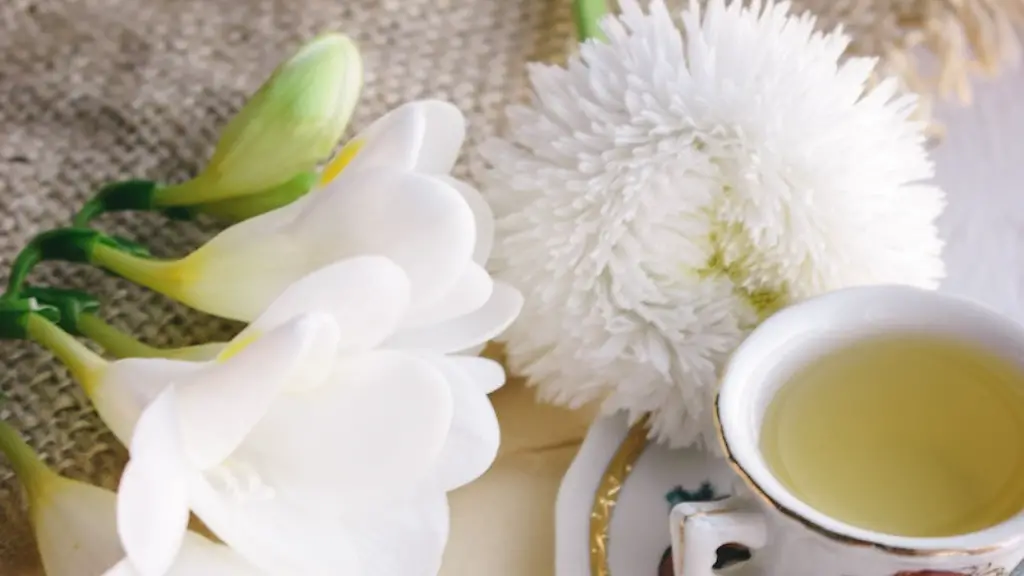How to Have a Poetry Slam
A poetry slam is a competitive event that pits poets against each other in a performance setting. It requires creativity, an ability to improvise and a knack for drawing the audience in. While it may seem intimidating at first, following a few simple steps will help ensure you have a successful poetry slam.
Background Information
The poetry slam originated in the late 1980’s as a way to inspire audience participation and creative expression. Competitors must recite their own original work and the performance is judged by members of the audience, usually on a scale of one to ten. The events are usually fun and lively, and they draw a variety of crowds ranging from poetry enthusiasts to those who just want to have a good time.
Choose Your Venue
The first step in hosting a poetry slam is to choose a venue for the event. It could be a restaurant, a theatre, a park, or any other type of space with enough room for your audience and performance area. Make sure that the space is comfortable and acoustically appropriate. You want your poets to be heard clearly and not have their words drowned out by background noise.
Invite Some Representatives
Once the venue has been chosen, start inviting some representatives from the local poetry community. These people will act as the judges, and they should be experienced with the art of poetry and qualified to judge a performance. Make sure to also invite some poets who will be performing in the event. If possible, try to get some acclaimed poets in attendance. This will help attract more people to the event, and it will give your performers an opportunity to be heard by industry professionals.
Provide a Time Limit
The rules of a poetry slam are fairly simple. All performers are given a predetermined amount of time to recite their work. This can vary from three to five minutes. When the time is up, the judges announce their scores. The performer with the highest score wins the round.
Keep the Atmosphere Favorable
It’s important to keep the atmosphere at a poetry slam friendly and inviting. Encourage audience participation by having an open mic session, and allowing spectators to perform if they wish. This will not only get the audience involved but it will also provide some much-needed relief from the more serious poems.
Arrange Prizes
Finally, come up with a list of prizes that will be awarded to the winners. This could be anything from cash prizes or gift certificates, to books or concert tickets. Make sure to announce the prizes in advance so that the contestants will be motivated to perform their best.
Advertise the Event
Once the venue has been chosen and the participants have been invited, it’s time to advertise the event. Use any and all promotional materials available such as flyers, posters, newspapers and social media platforms. Make sure to include all the necessary details such as the location, date, time and the list of prizes.
In addition to traditional advertising, try to reach out to local media outlets such as radio stations or newspapers, as they often feature upcoming events. It also helps to send out press releases and reach out to local poets who can help spread the word.
Organize an After-Party
Organizing a post-slam celebration can help cement relationships and encourage social interaction. Offer refreshments and snacks, as well as an opportunity for attendees to mingle. This will create a fun and festive atmosphere, and it will encourage participants to stay after the event has ended.
You could also organize events such as workshops or open mics, which will give participants an opportunity to practice and hone their skills in a more intimate setting. Whatever you decide to do, make sure to create a memorable and enjoyable atmosphere that lasts long after the event.
Provide Feedback & Incorporate Suggestions
Providing feedback to contestants and integrating suggestions from the audience are essential components of a successful poetry slam. Make sure to take time in between rounds to provide performers with constructive criticism and encouraging words. Invite audience members to provide feedback as well. This will give the event a feeling of inclusivity and allow participants to improve their craft.
Have each judge provide an explanation of why they gave the scores they did. This will give contestants an idea of what the judges were looking for and how they can improve their performances for the next slam. You could also encourage panelists to provide helpful resources such as books, websites or podcasts which can assist poets in further refining their craft.
Creating a Welcoming Environment
Creating a welcoming environment is essential to the success of a poetry slam. Make sure to encourage a diverse mix of performers, and allow people to express themselves without fear of judgment or ridicule. Respect and courtesy should be given at all times, and all opinions should be valued.
Attempt to promote an atmosphere of inclusivity and collaboration, and make sure no one is being excluded or judged unfairly. This will create an enriching and positive experience which contestants can appreciate, and which will encourage them to participate in future slams.
Create Rules & Guidelines
It’s important to set clear rules and guidelines for the event. How long will the contest go on for? How will the competition be judged? What is the penalty for going over time? What kind of language or themes are considered appropriate for the event? Pre-determining these rules will make the event run more smoothly, and will ensure there are no misunderstandings between the audience, the performers and the judges.
It’s also important to establish a zero-tolerance policy when it comes to inappropriate language or discriminatory sentiments. As poetry slams can be emotionally charged events, it’s important to make sure that everyone remains respectful and that no one feels unsafe or disrespected.
Preserve Community Engagement
Finally, take the time to preserve community engagement by posting videos of the event online, writing articles about it, or simply talking about it on social media. The more people who know about it, the more successful future events will be. This will also help to foster relationships between local poets and create an ongoing sense of community engagement with the event.
By following these steps, anyone can host a successful poetry slam. With a bit of preparation and a lot of enthusiasm, a memorable event can be created that is sure to be enjoyed by poets, audience members and judges alike.




